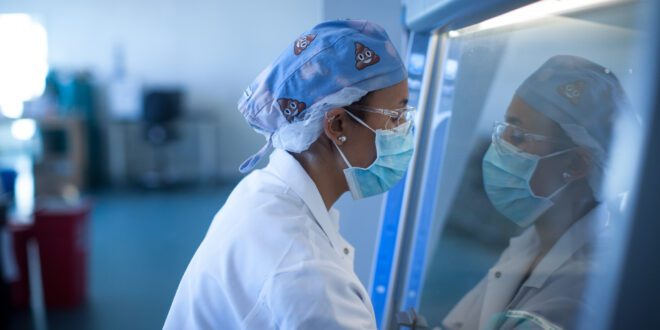Over the past decade, research on the human microbiome has revolutionized our understanding of human health. The microbiome, consisting of communities of bacteria and other microbes living in and on us, plays a crucial role in digestion, immune function, and even brain activity. Microbiome-based interventions have the potential to prevent and treat a wide range of ailments, including life-threatening intestinal infections caused by Clostridioides difficile. The recent FDA approval of Rebyota, a microbiome-based therapeutic, marks a milestone in the field of microbiome-based medicine.
However, there are concerns that the benefits of microbiome research and therapeutics may not be equally distributed. Currently, much of our understanding of the human microbiome is based on samples collected from the US and Europe, with other regions, particularly Central and Southern Asia, highly underrepresented. Since the microbiome varies widely across populations with different diets, lifestyles, and genetic backgrounds, this lack of representation limits our understanding of the microbiome and its applicability to understudied communities. This disparity in microbiome research mirrors patterns seen throughout science, reflecting structural issues and inequalities that extend far beyond science.
To expand representation in microbiome research, scientists must redefine established research practices and priorities. First, microbiome sampling must include more diverse populations, including rural communities. Second, we must foster more equitable collaborations between researchers in the Global North and South, and expand representation in the leadership of the science as well. Such collaborations will not only advance our understanding of the human microbiome but also grow scientific capacity and infrastructure in low- and middle-income countries.
In conclusion, microbiome scientists face challenging questions of inequity and power structure, but changes made now can have a significant impact on the trajectory of the field and its promise for public health. The FDA approval of Rebyota was a significant leap for microbiome-based medicine, and it is up to a global community of researchers to determine where we land.
 Mind Uncharted Explore. Discover. Learn.
Mind Uncharted Explore. Discover. Learn.

